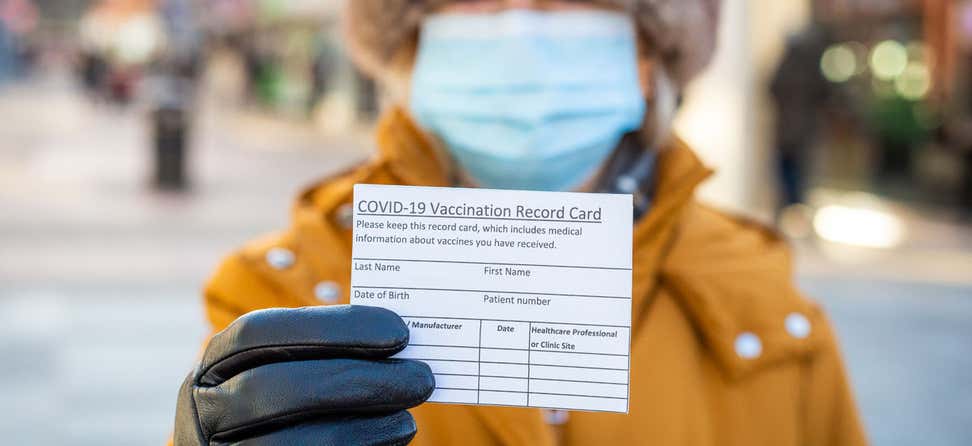Key Takeaways
While younger adults experience economic hardship during times of recession, recent history shows us that older adults suffer significant declines in net wealth.
In this issue brief, experts take learnings from the 2008 market collapse on the financial status of older Americans to understand what's at stake given COVID-19 pandemic.
Older adults with the lowest net wealth were the hardest hit, irrespective of age or retirement status, and would require the most aid from government benefits and economic solutions.
While much of the public's attention has rightly been focused on the devastating impacts of the spread of COVID-19, policymakers in Washington have acted with record speed to try and prevent a general economic collapse. While the virus itself is considered to be the deadliest for older adults, it is also the case that this group may be particularly vulnerable to the economic recession that is fast developing.
This issue brief from the National Council on Aging (NCOA) and the LeadingAge LTSS Center @ UMass Boston presents information on the impacts of the 2008 market collapse on the financial status of older adults aged 60 and over in order to understand what could be at stake during the COVID-19 pandemic and to estimate the likely magnitude of loss.










